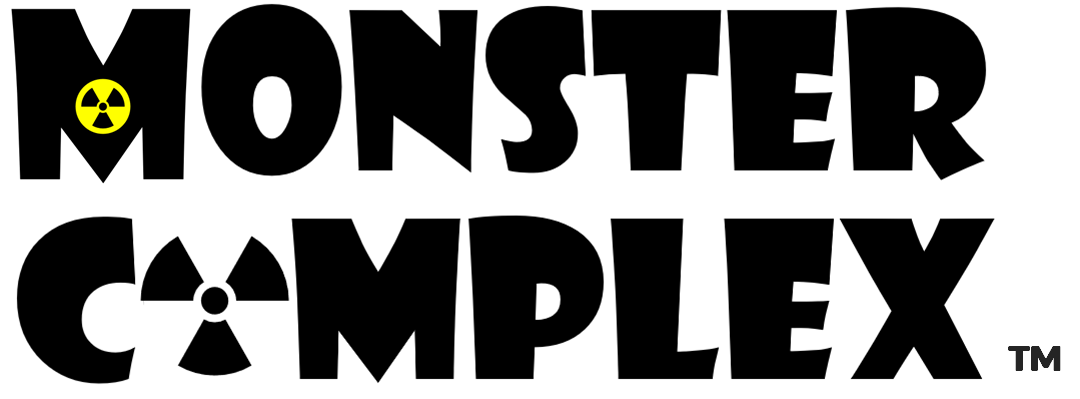Kenesha Williams on Non-POC Authors Writing POC Characters
“I’ve seen it done well and I’ve seen it done marginally well, and I’ve seen it done poorly.”
Author Kenesha Williams recently sent out an update to her newsletter list where she shared a new story, linked to a recent interview, and offered other updates from her world.
The new story re-imagines Civil War-era legend Cooter Brown as a monster hunter. Get a free snippet of the story here.
The interview was with Girl Meets Monster, where the site ran a series of interviews for Women in Horror Month and Black History Month. In her interview, Kenesha shared that she’s working on a zombie Western comic book one-shot, talked about her influences and inspirations as a horror writer, and the challenges of writing stories with Black characters that may or may not have a message.
Kenesha also had this to say about non-POC authors writing POC characters. I’m quoting it here for later reference as much as anything. (I know that I was challenged by this.)
I don’t have a problem with it if the white writer has done their research, doesn’t rely on stereotypes, and doesn’t act like their non-white character is just a white character with a tan. And I’ve seen it done well and I’ve seen it done marginally well, and I’ve seen it done poorly. [SNIP] The advice I’d give is for the writer to ask themselves, why do you think your character should be non-white and why should you tell their story. Bonus question: Are there own voices writers telling this story, and would your time be better spent amplifying them? Nothing hurts more than a white identifying writer getting praise for writing something similar to something a POC has already written.
Read the whole interview here.
Kenesha wrapped up her newsletter with some bits about upcoming books. Check out the whole newsletter here.
ABOUT THE AUTHOR
Kenesha Williams is an author, screenwriter, speaker, and Founder/Editor-in-Chief of Black Girl Magic Lit Mag a speculative fiction literary magazine.
She took to heart the advice, "If you don't see a clear path for what you want, sometimes you have to make it yourself," and created a speculative fiction literary magazine featuring characters that were representative of the diversity of Black womanhood.
Kenesha has been a panelist and speaker at StokerCon, the Horror Writers of America convention; Boskone, the longest-running science fiction & fantasy convention in New England; ECBACC, the East Coast Black Age of Comics Convention; and BSAM, the Black Speculative Arts Movement convention.
As an, essayist she has written for, Time Magazine’s millennial imprint, Motto, Fireside Fiction, and I Am Black Sci-Fi, among other publications. Kenesha is also a screenwriter who is in pre-production on a horror web series and a short horror film.
RELATED LINKS:
Subscribe to Kenesha Williams’ Newsletter and Get All Future Updates
Vampire Q&A: Kenesha Williams (Blood Debt) (Monster Complex)
75+ Urban Fantasy Writers Who Aren’t White (Monster Complex)
Star Trek Panel: How Nichelle Nichols Changed NASA (Monster Complex)
60+ Vampire Book Series (Monster Complex)
Black Women in Horror (Sumiko Saulson)
Monster Complex Show Ep 06: Jessica Cage | Bringing Diversity to Diverse Genres
Monster Complex Show Ep 03: Poetic Voices of Horror: Award Winning Poet Linda D. Addison
5 Science Fiction and Fantasy Women of Color Authors to Read After Octavia Butler (Book Riot)
5 Black Female Horror Authors You Should Be Reading (The Mary Sue)
Urban Fantasy 101 – Gentry-fication (Stitch Media Mix)
Representations of Otherness in Paranormal Romance: Nalini Singh and J.R. Ward (Synaesthezia)











This 5-issue event calls for all hands on deck as Godzilla is set to fight the combined might of the entire Marvel Universe—including the good guys AND the bad guys!